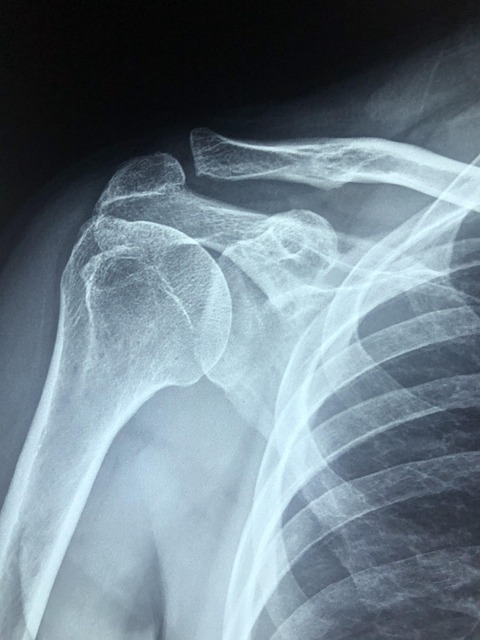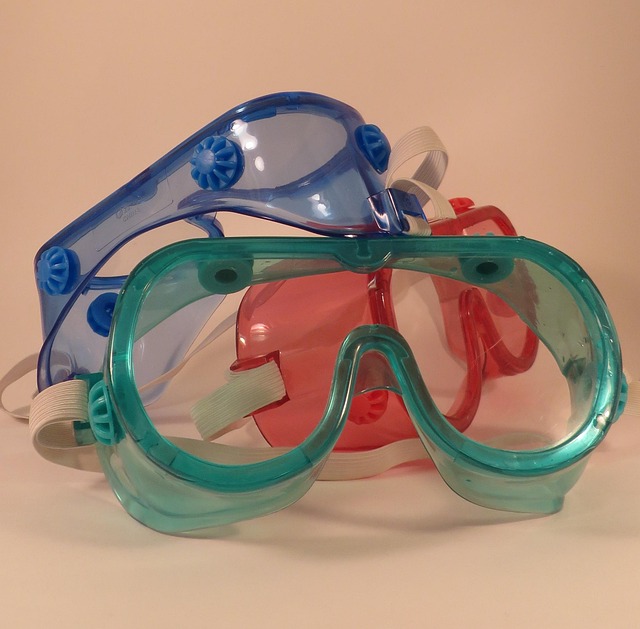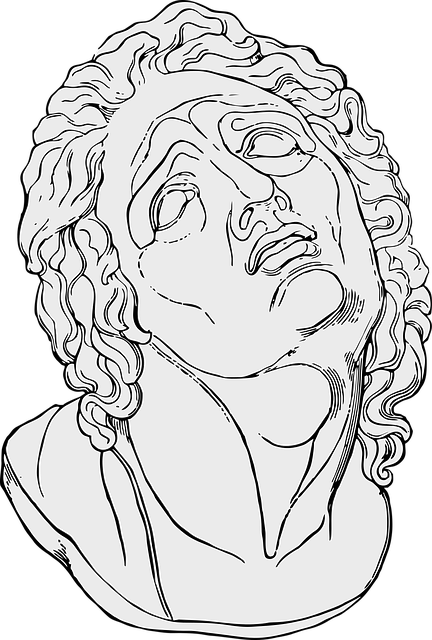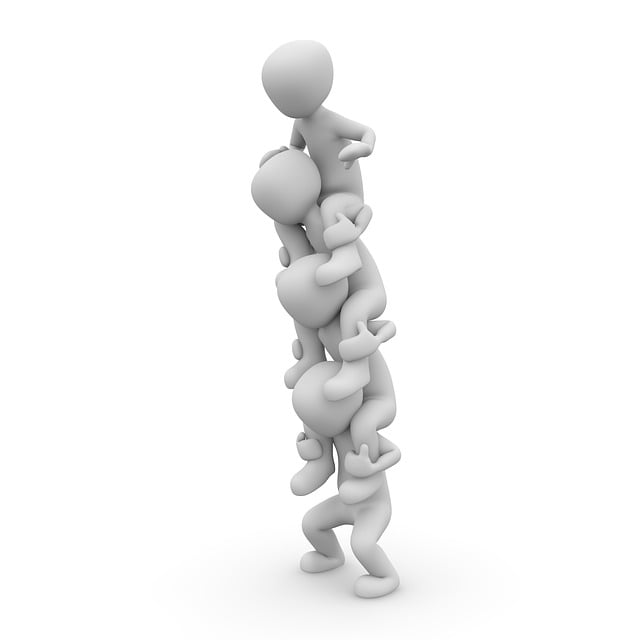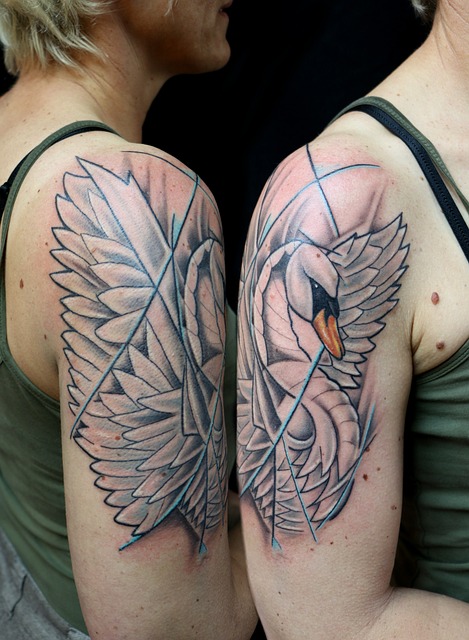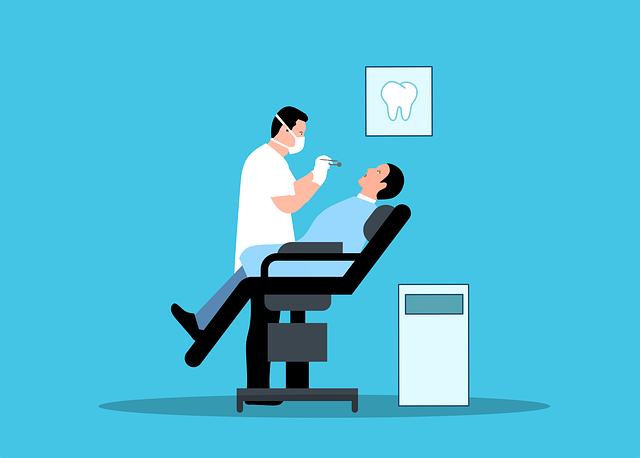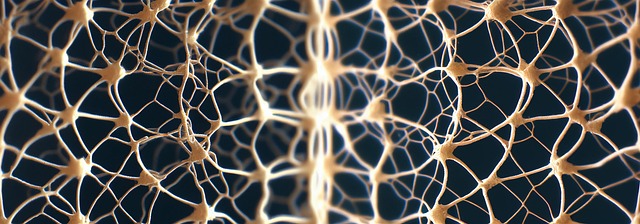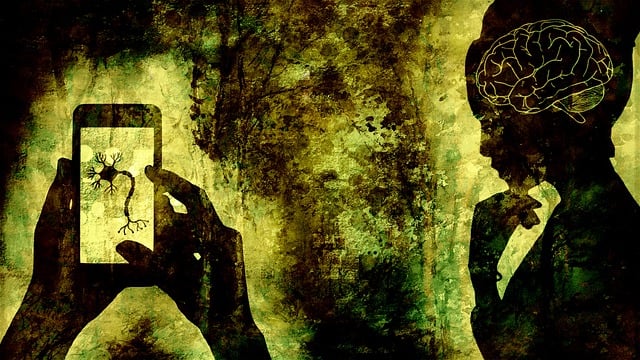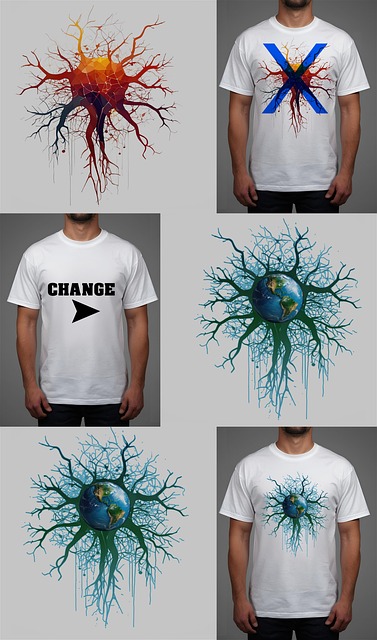SEO drien.
JOD. N. dirinya, diki. O
using.
V
Drajнير 5.
#Jaco.
Sprit.
DiyrabN.
..ABelfن.
,,
J
After an accident, recognizing pinched nerve symptoms is crucial. Many victims experience pain, numbness, or tingling—red flags indicating nerve compression. Chiropractors play a vital role in diagnosing these issues, offering non-invasive treatments to alleviate post-crash injuries. This article guides you through recognizing common symptoms and explores effective strategies, including chiropractic adjustments, to facilitate healing. Discover how professional care can help manage pain and restore mobility after a crash.
- Recognize Common Nerve Compression Symptoms
- Chiropractor's Role in Diagnosing Pinched Nerves
- Effective Treatment Options Post-Crash Injury
Recognize Common Nerve Compression Symptoms
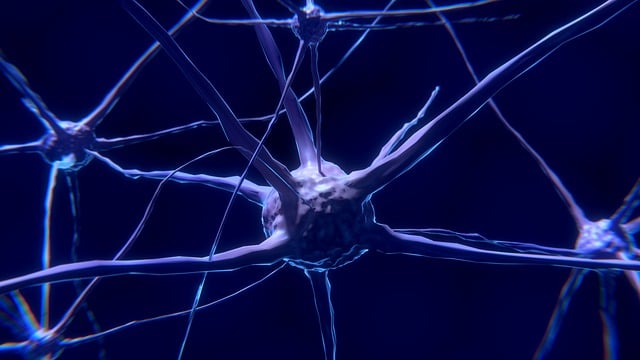
Pinched nerve symptoms can manifest in various ways post-accident, and recognizing these common indicators is crucial for proper diagnosis and treatment, especially when considering a trip to the chiropractor for help with pain relief. Common symptoms include numbness or tingling sensations, sharp or burning pain that radiates from the affected area, weakness in muscles, and reduced sensitivity to touch. These issues often develop due to nerve compression caused by whiplash or direct trauma during the crash.
Many individuals may overlook these signs, assuming they are temporary or related to other aspects of their injury. However, persistent or worsening symptoms warrant attention, as prompt treatment with a chiropractor can significantly improve outcomes and expedite recovery from pinched nerves after a crash.
Chiropractor's Role in Diagnosing Pinched Nerves
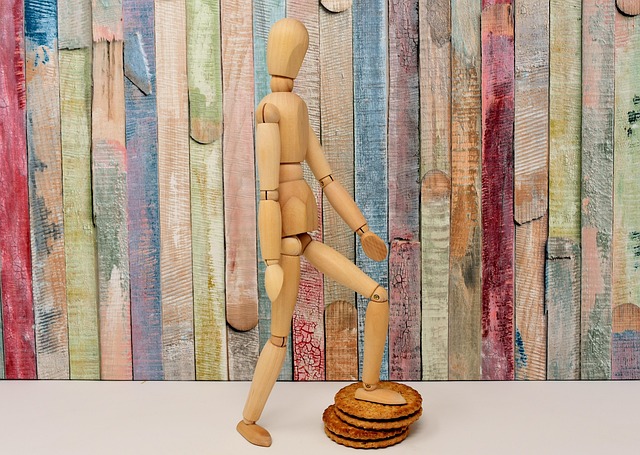
Chiropractors play a crucial role in diagnosing and treating pinched nerve symptoms that often arise following accidents, such as car crashes. With their expertise in neuromusculoskeletal disorders, they can accurately identify areas of compression or irritation in the nervous system caused by trauma. During an initial consultation, a chiropractor will conduct a thorough examination, including manual assessments and imaging tests, to pinpoint the affected nerves and surrounding structures.
They offer various treatment options for pinched nerves post-accident, focusing on relieving pressure and promoting healing. This may include chiropractic adjustments to improve nerve function, therapeutic exercises to strengthen supporting muscles, and recommendations for lifestyle changes to prevent further irritation. The chiropractor’s goal is not only to alleviate immediate pain but also to provide long-term solutions, ensuring patients receive the best treatment for pinched nerves after a crash.
Effective Treatment Options Post-Crash Injury

After a car accident, many victims experience pain and discomfort due to pinched nerves. Thankfully, there are effective treatment options available to alleviate these symptoms. One of the most popular and successful approaches involves consulting with a chiropractor. Chiropractors specialize in diagnosing and treating musculoskeletal disorders, making them ideal for addressing nerve-related issues stemming from a crash.
The treatment plan typically includes adjustments to the spine, which can help relieve pressure on the affected nerves. Additionally, chiropractors may incorporate other therapeutic techniques such as heat or ice therapy, electrical stimulation, and gentle exercises to enhance healing and restore mobility. Early intervention is crucial in managing pinched nerve symptoms post-crash, and seeking professional care from a chiropractor can significantly contribute to a faster and more effective recovery process.
After an accident, recognizing and addressing pinched nerve symptoms promptly is crucial. By understanding common nerve compression signs and consulting a chiropractor for expert diagnosis, individuals can access effective treatment options tailored to their specific injuries. Chiropractors play a vital role in navigating the complexities of post-crash injuries, offering natural, non-invasive treatments that promote healing and alleviate pain associated with pinched nerves. With the right approach, recovery becomes a feasible journey towards reclaiming physical well-being.

